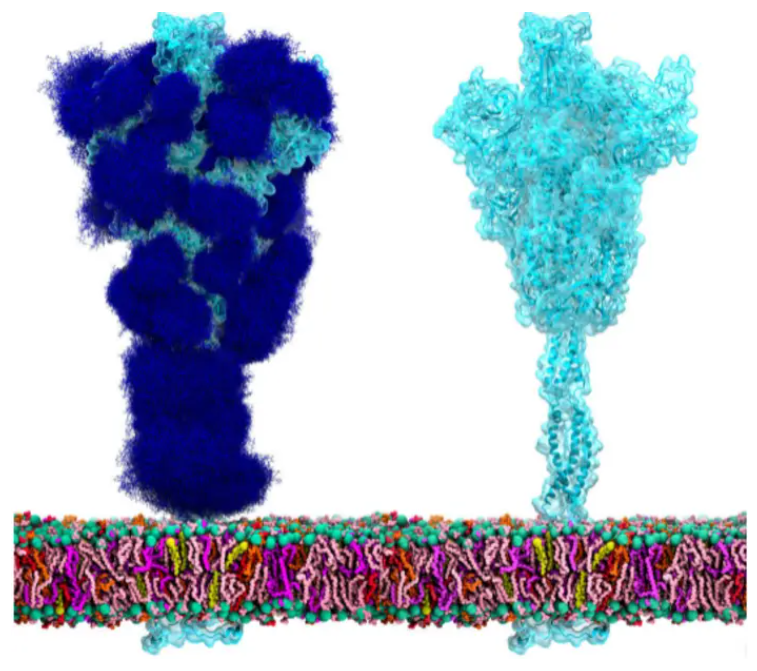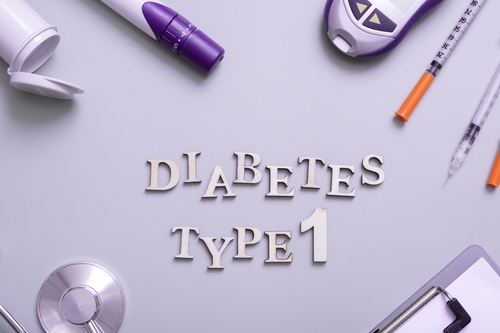
Several recent studies have highlighted the perspectives of patients with rheumatic diseases regarding the COVID-19 pandemic.
One paper published in Arthritis Care & Research evaluated rheumatic patients’ opinions during the early phase of the COVID-19 pandemic. This single-center study recruited rheumatic patients via text message, which provided the national Rheumatology Association COVID‐19 information sheet and invited patients to be de-identified participants in the survey. The survey garnered information on patient concerns pertaining to risks due to their rheumatic disease or medications, effect of receiving the information on the sheet on medication adherence, and telehealth acceptance.
A total of 2,630 rheumatic patients were texted, of whom 550 responded, for a 21% response rate. The mean age was 52 years, and three quarters of respondents were female. The highest ranked concern, reported by 76.1% of respondents, was that their medications would increase COVID-19 severity. Rheumatic patients with the highest levels of concern were those on combination conventional synthetic disease‐modifying anti‐rheumatic drugs (csDMARDs) and/or a biologic/targeted synthetic disease‐modifying anti‐rheumatic drug (b/tsDMARD). Prednisolone dose was not correlated with concern. Just under two thirds of rheumatic patients (63%) said they planned to continue their antirheumatic medications; an additional 30% said they were more likely to continue adhering to their medication because of the information they received. Nearly all rheumatic patients (98.4%) believed telehealth was acceptable; 28.1% said it was only appropriate with infection control measures implemented.
A second survey, the results of which appeared in Arthritis Research & Therapy, assessed rheumatic patients treated with ts/bDMARDs in Italy. Patients were recruited from two referral rheumatology centers between Feb. 25 and April 10. Patients with confirmed COVID-19 cases, close contacts with COVID-19 cases, symptoms of infection, working, and behavioral and disease management changes applied to prevent infection.
A total of 955 rheumatic patients received the survey (rheumatoid arthritis, n=531; psoriatic arthritis, n=203; spondyloarthritis, n=181; and connective tissue diseases/vasculitides/autoinflammatory diseases, n=40); mean age was 53.7 years, and most patients (67.4%) were female. The response rate was 98.05%. The incidence of COVID-19 among the survey respondents was similar to that of the general population (0.62% vs. 0.66%; P=0.92). No severe complications or required intensive care treatment were reported. All rheumatic patients temporarily discontinued ongoing ts/bDMARDs therapy. About 90% of patients were taking precautions to prevent the spread of the disease; nearly all patients (93.2%) continued ongoing ts/bDMARDs treatment. Disease activity was stable in nearly 90% of patients.







 © 2025 Mashup Media, LLC, a Formedics Property. All Rights Reserved.
© 2025 Mashup Media, LLC, a Formedics Property. All Rights Reserved.